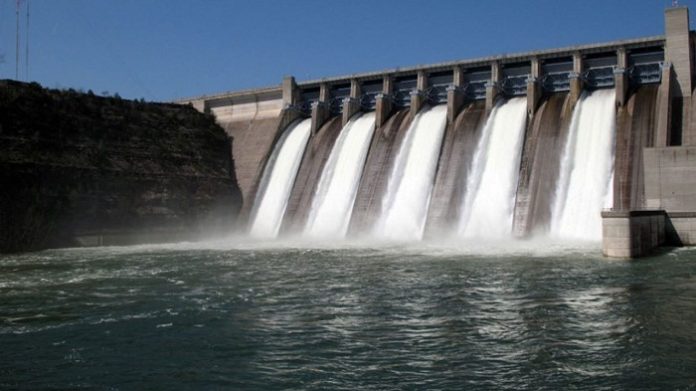ISLAMABAD: The Permanent Court of Arbitration (PCA) in The Hague will hear
Pakistan’s request tomorrow (5th July) regarding the construction of the controversial Kishanganga and Ratle hydroelectric projects on the Chenab and Neelam rivers in Indian Illegally Occupied Jammu and Kashmir (IIoJK).
A Pakistani delegation led by Secretary Water Resources Syed Ali Murtaza, including Indus Water Commissioner Mehar Ali Shah and legal experts, had previously visited these sites along with neutral experts and judges from the PCA in June 2024.
The PCA began hearings on this dispute on 27th January 2023, under the decades-old
Indus Waters Treaty, a foundational water-sharing agreement between Pakistan and India.
Indus Waters Treaty is a foundational agreement between Pakistan and India on water sharing” and that “Pakistan remains fully committed to the treaty’s implementation, including its dispute settlement mechanism.
The dispute pertains to concerns raised by Pakistan over India’s construction of the 330-megawatt Kishanganga project on the Jhelum River and plans to construct 850-MW Ratle project on the Chenab River in Indian Illegally Occupied Kashmir (IIOJK).
Reportedly, Pakistan considers the construction of the Kishanganga
dam in India-held Kashmir over the waters flowing into the western rivers a violation of the Indus Waters Treaty 1960 since it will not only alter the course of the river but also deplete the water level of the
rivers that flow into Pakistan.
In October 2022, in line with its responsibilities under the Indus
Waters Treaty, the World Bank made the appointments it was mandated to make in the two separate processes requested by India and Pakistan in relation to the Kishanganga and Ratle hydroelectric
power plants.
The two countries disagree over whether the technical design features of these two hydroelectric plants contravene the Treaty.
Pakistan asked the World Bank to facilitate the establishment of a Court of Arbitration to consider its concerns about the designs of the two hydroelectric power projects, while India asked for the appointment of a Neutral Expert to consider similar concerns over the two projects.
Michel Lino was appointed as the Neutral Expert and Prof. Sean Murphy was appointed as Chairman of the Court of Arbitration.
The 1960 treaty recognises the World Bank as an arbitrator in water disputes between India and Pakistan as the bank played a key role in concluding this agreement which allows India to have control over the
water flowing into three eastern rivers — Beas, Ravi and Sutlej — also permitting India that it may use the water of western rivers — Chenab, Jhelum and Indus — but it cannot divert the same.
India believes these are “run-of-the-river” hydel projects that neither change the course of the river nor deplete the water level downstream.




